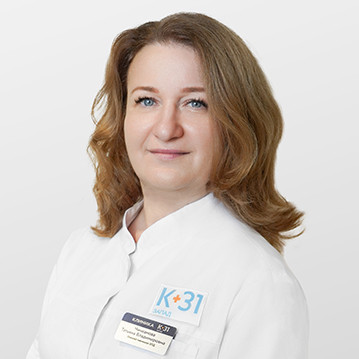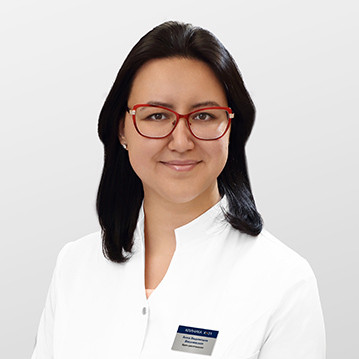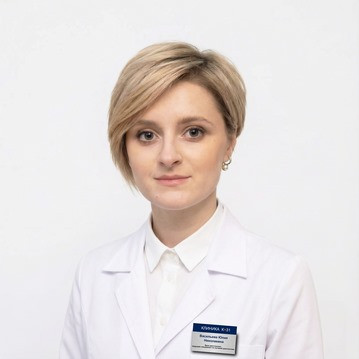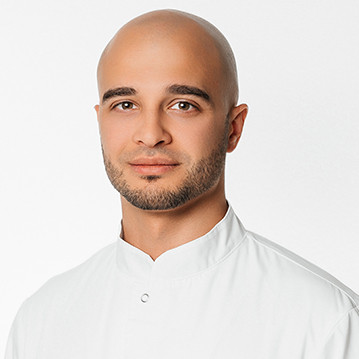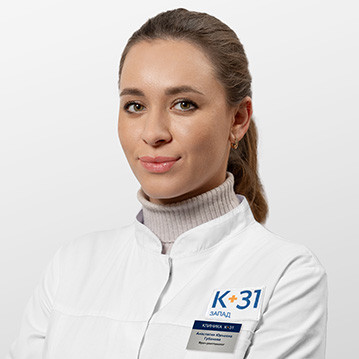Magnetic resonance imaging (MRI) of the brain is a highly informative imaging method, a diagnostic study of brain structures. With the help of this examination, the doctor can identify various diseases and evaluate the processes that occur in the tissues, make a diagnosis, together with other research methods, the method helps to obtain a more accurate clinical picture. This survey is carried out to identify oncological diseases, pathological processes. It is more informative than X-ray or ultrasound. Currently MRI of the head of the brain ranks first in terms of efficiency and prevalence among diagnostic methods in neurology.
You can undergo an MRI of the brain in Moscow using a modern device at the K+31 clinic. At the reception of the medical institution, you can get detailed advice, clarify how long the MRI of the head lasts and its price.
Features of the procedure
Magnetic resonance therapy is prescribed not only for adults, but also for children, which proves the safety of the method. The drug is based on the magnetic field that surrounds us in everyday life.
What does an MRI of the brain show? The diagnostic method allows the specialist to consider the presence of changes in the structure and activity of the brain (GM). This is possible by taking pictures in different projections.
For the study, different MRI GM techniques are used:
- Topometric. Assesses the state of the skull cortex, brain and blood vessels.
- With non-contrast angiography of the intracranial arteries. In this case, a special mode is used, which makes it possible to distinguish between immobile and mobile tissues (blood). This technique helps to visualize the vessels and obtain information about their structure, changes, location anatomy, as well as determine the degree of stenosis and the width of the lumen in the vessel.
- According to the epileptological protocol. A targeted study of the structures responsible for the occurrence of epileptic seizures.
What does an MRI of the head show? Based on the information received, the diagnostician can draw conclusions regarding:
- Processes occurring in GM tissues.
- Cystization.
- Hematoma.
- Aneurysms, thrombosis or other vascular pathologies.
- Increased pressure (intracranial).
- The presence and characteristics of neoplasms (benign or malignant).
In cases where there is a need to clarify the results or obtain additional information about a particular area, magnetic resonance imaging of the brain with contrast is used. This Method - MRI examination with contrast - gives the doctor maximum information about tissue structures, unhealthy formations and their characteristics (localization, size, structure).
Indications for brain MRI
Doctors use this diagnostic method to assess the condition of the arteries and veins of the head and to study brain tissue. As a rule, a patient can be sent for a tomogram of the brain if they have the following symptoms:
- Migraines or persistent headaches.
- Frequent fainting.
- Dizziness.
- Pain in the neck of unclear etiology.
- Tinnitus.
- Convulsions, numbness of the limbs.
- Disorders of coordination.
- Problems with orientation in space.
- Epileptic seizures.
- Memory deterioration.
Head tomography is used when it is necessary to confirm or refute the diagnosis of multiple sclerosis, and also as part of a diagnostic complex for:
- Stroke.
- Dementia.
- Pathologies of the pituitary gland.
- Inflammatory processes in tissues or vessels of the brain.
- Diseases of the eyes.
- Pathologies of the inner ear.
- Tranio-cerebral or other head injury.
- Suspicion of a concussion.
- Preparing for surgery.
For prevention, neurologists recommend undergoing an MRI of the brain and vessels of the head annually. This will allow timely detection of tumors or asymptomatic diseases in the early stages and start treatment.
Contraindications to the procedure
The procedure does not carry radiation exposure, therefore it is safe for thin and sensitive brain tissues. It is recommended to conduct a tomography of the brain only after additional consultation with a radiologist in a number of cases:
- First trimester of pregnancy.
- Panic claustrophobia.
- Heart failure in the stage of decompensation.
- Using metal braces and dentures (including crowns).
- Kidney disease.
- The presence of tattoos that were made using dyes containing metal particles.
Absolute contraindications for diagnostics will be the presence of large metal implants in the body, a pacemaker, an insulin pump and hemostatic clips on the vessels of the brain.
Preparing for head MRI
To ensure the accuracy of the data obtained during the study, it is necessary to properly prepare for the procedure.
In advance, you should warn the doctor about the existing implants, tattoos and medications taken. Before performing an MRI with contrast, it is necessary to consult an allergist to make sure that there is no reaction to the components of the contrast agent.
On the day of the examination, you should avoid drinking alcohol, coffee and smoking (including electronic cigarettes and vapes). On the same day, two hours before the procedure, it is important to stop eating and drinking. The doctor of our center will tell you about all the preparatory measures before the examination during the consultation.
Immediately before placement in the tomograph, the patient will need to remove all metal objects, including jewelry (piercing). Also, if possible, dentures should be removed. During the examination, you cannot have gadgets, plastic cards, etc. with you.
When visiting the clinic for an MRI of the head, it is recommended to have the following documents with you: an identity card, referral from a specialist, results of previous diagnostic studies.




